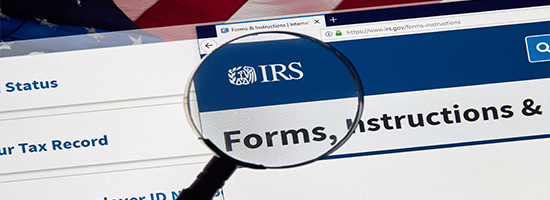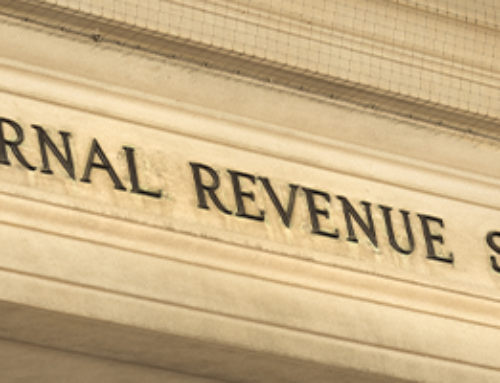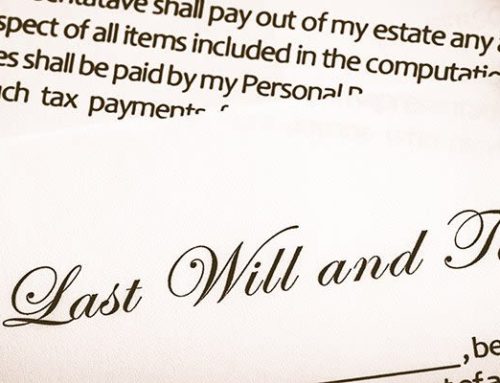The Internal Revenue Service each year publishes what it calls its IRS Data Book. Under Table 25, Delinquent Collection Activities, the 2020 edition (the latest available) says that 291,081 tax levies were filed for that year, while the year before (2019) total was 543,604. The difference, noted elsewhere, is that the agency stopped collection activities from March to July 2020 because of the pandemic.
What is a tax levy? It is the seizure of a person’s property to collect what is owed on back taxes. The property includes everything from cash to real property, such as homes and other assets.
Even though half a million people out of a population of 330,000 million seems like a small percentage, if you suddenly find your bank account frozen, your wages garnished, or a levy placed on your personal property, it can be a pretty frightening experience.
If you’re facing tax problems in Toms River, New Jersey, or throughout New Jersey, including Brick Township, Manasquan, Manchester, and Lacey, contact me at the Law Office of David A. Semanchik. I am dedicated to helping individuals, families, and businesses resolve their issues with the IRS and move forward with confidence.
What Is a Tax Levy?
A tax levy is a seizure of property as opposed to a tax lien. In a levy, the IRS takes the property to satisfy one’s tax debt. A lien, in contrast, is a legal claim against the property that can be rescinded once payment is made.
A tax levy, in other words, is a serious action. The IRS can even levy property that is yours but held by others, such as your wages, retirement accounts, dividends, bank accounts, licenses, rental income, accounts receivables, the cash loan value of your life insurance, or commissions. The agency can also levy real property held in your name, including a home, car, or boat.
Steps in the Tax Levy Process
The IRS will levy property only after four requirements have been met:
-
The IRS sends you a Notice and Demand for Payment for taxes assessed and owed.
-
You neglect or refuse to pay the assessment.
-
The IRS sends you a Final Notice of Intent to Levy and Notice of Your Right to a Hearing at least 30 days before the levy will take place.
-
The IRS sends you advance notification of Third Party Contact, informing you that the IRS may contact third parties controlling your property about collecting taxes owed.
Note that if the IRS levies your state income tax return, it will issue you a Notice of Levy on Your State Tax Refund and Notice of Your Right to a Hearing only after it has completed the levy.
Ridding Yourself of a Tax Levy
Of course, the quickest way to stop a levy is to pay what’s owed to the IRS. This may not always be possible, however, given the financial circumstances of the party in jeopardy.
In that case, you can arrange an IRS payment plan or apply for an offer in compromise. An offer in compromise will enable you to pay less than you owe if you qualify, but offers are generally only approved when other means to collect seem likely to fail.
You can also agree to a hearing to appeal the levy. You receive a hearing notice along with the levy notice to avail yourself of that option.
The final option is bankruptcy. Chapter 7 of the bankruptcy code may allow you to discharge some taxes. Income taxes are the best possibility. Payroll taxes or fraud penalties can never be wiped out in bankruptcy. Fraud or willful evasion will also make it impossible to clear your tax debt in bankruptcy.
Other rules apply as well. Your debt must be at least three years old, and you must have filed a tax return for the money owed at least two years before filing bankruptcy. Another factor – the 240-day rule – means that the IRS must have assessed your income tax debt at least 240 days before the bankruptcy petition.
How the Law Office of David A. Semanchik Can Help
A tax levy can result in severe hardship, and you should avoid it at all costs. Some of the ways to release a tax levy are listed above, but you’re better off seeking the help of an experienced tax and bankruptcy attorney in deciding and implementing the best course of action.
If you’re facing a tax levy or otherwise in hot water with the IRS, contact me immediately at the Law Office of David A. Semanchik. I serve clients in Toms River, New Jersey, and throughout New Jersey, including Brick Township, Manasquan, Manchester, and Lacey. We can help discuss your situation, seek to weigh your options, and help get you started on resolving your tax issues.




